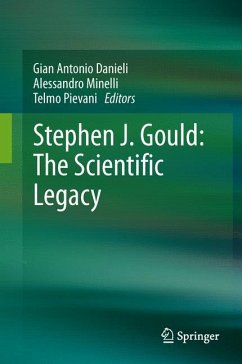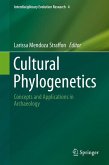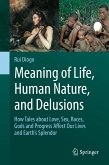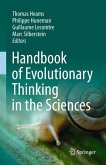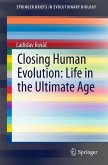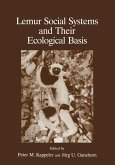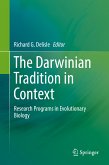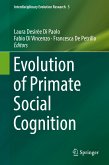In May 2012, at the Istituto Veneto di Scienze, Lettere ed Arti in Venice, an international panel of scientists and philosophers discussed Stephen J. Gould's legacy, ten years after his death. This book presents a selection of those contributions, chosen for their interest and importance. A broad range of themes are covered: Gould's contribution to evolutionary theory, including the concept of punctuated equilibria and the importance of his pluralism; the Gouldian view of genome and development; Gould's legacy in anthropology; and, finally, the significance of his thought for the human sciences.
This book provides a fascinating appraisal of the cultural legacy of one of the world's greatest popular writers in the life sciences. This is the first time that scientists including some of Gould's personal friends and co-authors of papers of momentous importance such as Niles Eldredge have come together to strike a balanced view of Gould's intellectual heritage.
Dieser Download kann aus rechtlichen Gründen nur mit Rechnungsadresse in A, B, BG, CY, CZ, D, DK, EW, E, FIN, F, GR, HR, H, IRL, I, LT, L, LR, M, NL, PL, P, R, S, SLO, SK ausgeliefert werden.
"The book under review represents the proceedings of a meeting held at the Instituto Veneto during early May 2012 to memorialize the tenth anniversary of Gould's death. ... This book will be useful and important for serious historians of science and for evolutionary biologists with special interest in the background of their own discipline." (Charles R. Crumly, Journal of Biological Physics, Vol. 41, 2015)
"This slender volume of 13 essays touches, in varying degrees, on Gould's work in these fields. ... most chapters are well written and provocative. ... the book will interest historians of evolutionary thought and Gould's most ardent fans. Summing Up: Recommended. Graduate students, researchers/faculty, and professionals." (J. L. Hunt, Choice, Vol. 51 (7), March, 2014)

